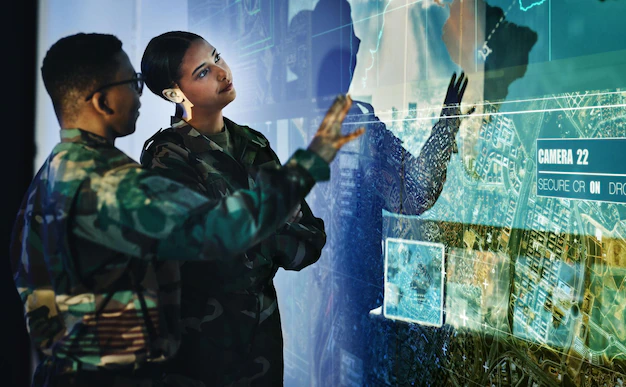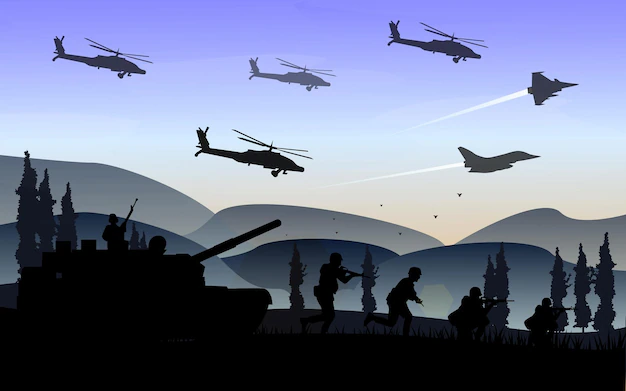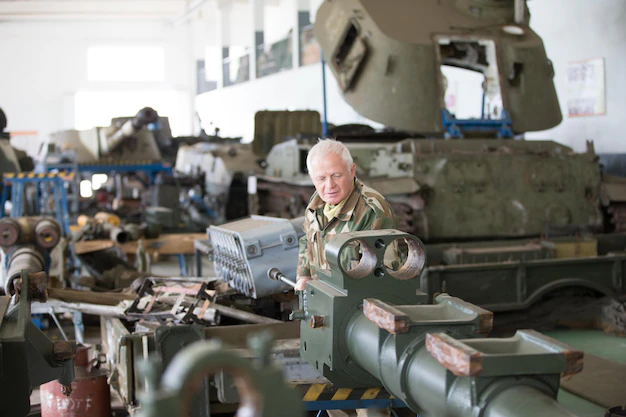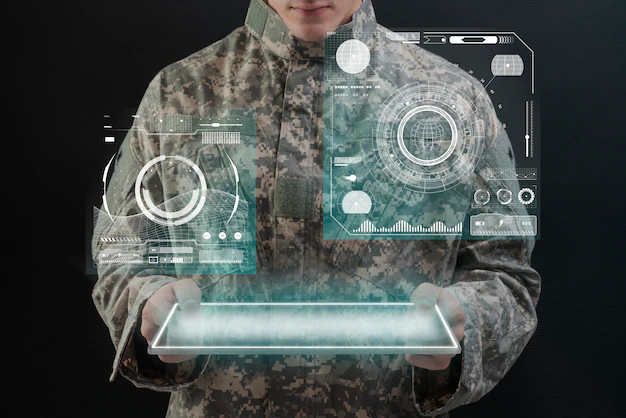How to Enhance Military Training: Integrating Cognitive Psychology for Effective Technology Adoption
Military operations today heavily rely on the proficient use of advanced technologies. Training soldiers to effectively utilize these innovations requires a comprehensive approach grounded in cognitive psychology principles. Let’s explore how leveraging cognitive psychology can optimize soldier training for adopting new technologies, along with examples and a table illustrating key strategies.



Page Contents
How to Enhance Military Training: Integrating Cognitive Psychology for Effective Technology Adoption
Table 1- The 5 Training Strat
Here’s a table summarizing strategies in soldier training for new technology adoption:
| Training Strategy | Description | Example |
|---|---|---|
| Adaptive Learning Techniques | Personalized training programs adapting to individual learning styles and cognitive abilities. | Customized modules based on soldiers’ cognitive assessments to optimize learning. |
| Simulation and Immersive Training | Utilizing VR and AR for realistic combat scenarios, providing hands-on experience with new tech. | Simulated exercises in virtual environments for soldiers to practice using drones or GPS systems. |
| Chunking and Distributed Practice | Breaking down complex tasks and practicing them in distributed sessions for better retention. | Training sessions focusing on specific features of a new weapon system over multiple days. |
| Feedback and Reinforcement | Immediate feedback and rewards to reinforce correct usage of technology during training. | Gamified training modules rewarding soldiers for accurately operating new equipment. |
| Collaborative and Team-Based Learning | Group activities promoting teamwork and coordination in utilizing new technologies. | Team exercises encouraging soldiers to work together in using communication devices effectively. |
Understanding Cognitive Processes
Cognitive psychology insights are essential for tailoring training methodologies to soldiers’ cognitive abilities, enabling effective learning and retention of information when introduced to new technologies.
Adaptive Learning Techniques
Customized training modules based on soldiers’ cognitive assessments allow personalized learning experiences. For instance, soldiers with varied learning styles (visual, auditory, kinesthetic) receive training adapted to their preferences.
Simulation and Immersive Training
Using VR or AR simulations replicates combat scenarios, providing hands-on experience. For example, soldiers learn to operate unmanned aerial vehicles (UAVs) in a virtual environment resembling real-world missions.
Chunking and Distributed Practice
Breaking down complex tasks into smaller segments helps soldiers comprehend new technologies. Training sessions focusing on specific functionalities, such as GPS navigation or weapon system operation, aids in better understanding.
Feedback and Reinforcement
Immediate feedback during training corrects errors and reinforces correct usage. Reward systems within training modules incentivize soldiers to accurately utilize technology, enhancing motivation and skill retention.
Collaborative and Team-Based Learning
Encouraging teamwork and coordination in technology usage fosters effective communication. Collaborative exercises simulate field situations where soldiers must cooperate to use new communication devices efficiently.
Conclusion
The integration of cognitive psychology principles in soldier training for new technology adoption is crucial for effective skill development. By employing adaptive learning, immersive simulations, task-focused practice, feedback mechanisms, and collaborative exercises, military training programs can enhance soldiers’ proficiency in utilizing advanced technologies.
These strategies not only optimize individual learning but also facilitate cohesive team dynamics, ensuring soldiers are well-equipped to utilize cutting-edge technologies proficiently in real-world operational scenarios.







